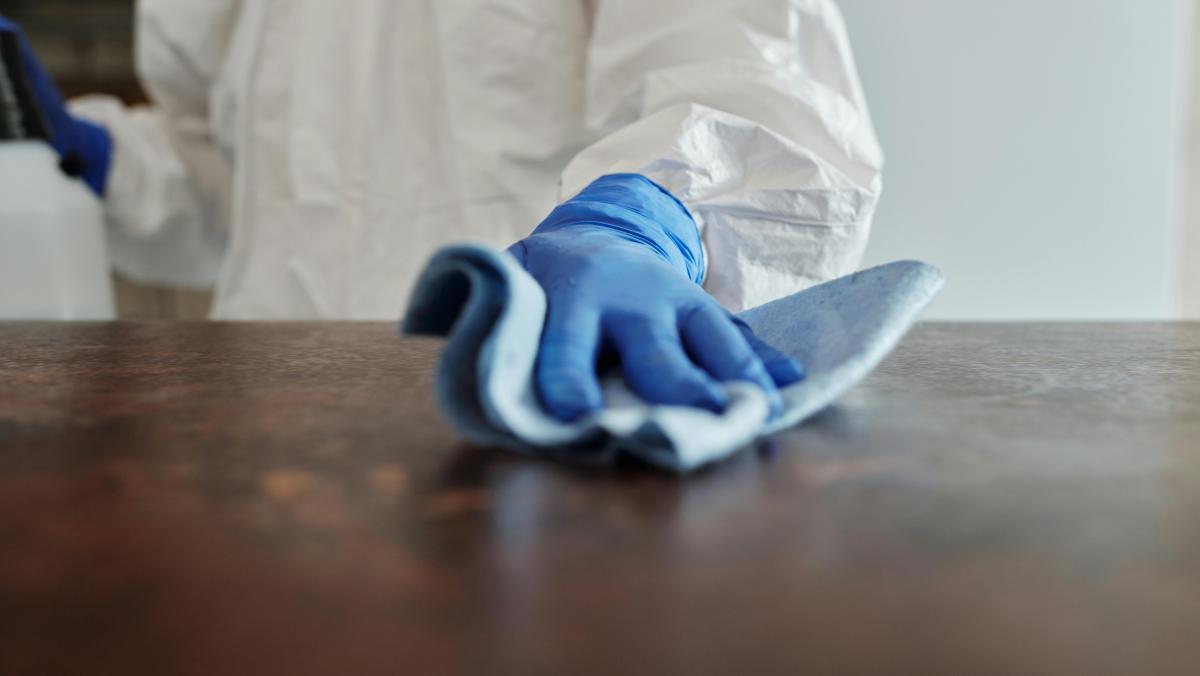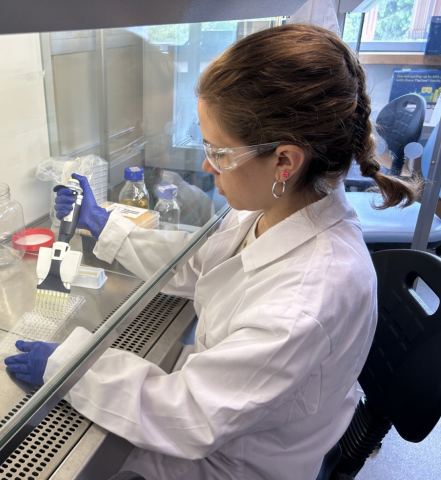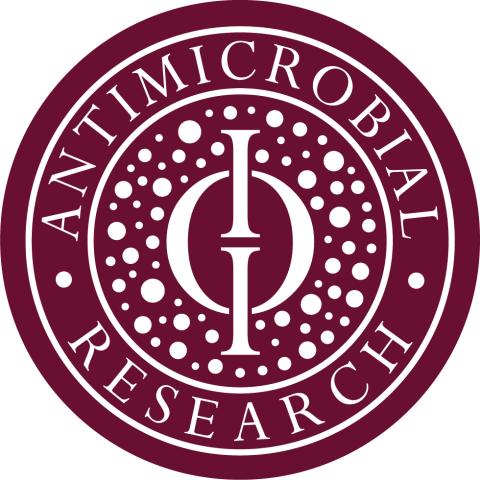
Researchers in the Ineos Oxford Institute have found evidence of hospital surface colonisation with bacteria carrying antibiotic resistance genes, and potential transmission to newborns with sepsis in low- and middle- income countries (LMICs).
The research, published in Nature Communications, is part of IOI’s BARNARDS (Burden of Antibiotic Resistance in Neonates from Developing Societies) study. BARNARDS is part of our Global Surveillance of AMR research.
Researchers analysed swabs of surfaces from 10 hospitals across 6 LMICs, including to screen for the presence of bacteria carrying antibiotic-resistant genes. A total of 6,290 swabs were taken from different surface types in the hospitals, including around sink drains, and on medical equipment.
Analysis showed evidence that the hospital surfaces sampled had high rates of contamination with bacteria carrying multiple antibiotic-resistant genes, which can persist for a long time.
LMICs have higher rates of hospital-acquired infections that are of particular concern for those with weakened or underdeveloped immune systems, especially newborn babies. Colonisation of hospital surfaces with antibiotic-resistant bacteria on neonatal wards could therefore pose significant risk to patients.
We have produced a powerful dataset which shows a large diversity of bacterial strains colonising hospital surfaces and posing a threat to patients. Identifying how antimicrobial resistance genes are spread among bacteria is very important to evaluate effectiveness of antibiotic treatment.

Using data from previous research from the BARNARDS study, researchers compared the genetic make-up of bacteria from the hospital surface swabs, to those found previously to cause neonatal sepsis in the same sites. The samples were genetically similar, highlighting a potential link between hospital surface contamination and infections in patients.
Most data currently used to inform IPC guidelines in Pakistan comes from high-income countries, so the datasets BARNARDS is producing will be useful to guide development of appropriate action plans in low-resourced hospitals.

The second phase of the BARNARDS study is underway and aims to build on this research by enrolling more hospitals, and using more structured sampling procedures. Information will be gathered about the current IPC procedures, such as cleaning schedules. This will allow researchers to evaluate how effective current IPC measures are in preventing surface colonisation and controlling the spread of antimicrobial-resistant bacteria from hospital surfaces to patients.
Working with hospitals has given us insight into the challenges they face implementing good cleaning and disinfection measures. There is limited access to resources and staff are stretched. We have used these observations to improve and guide the next phase of our research, covering more hospitals and gathering more comprehensive data.

Read a blog from Maria Nieto-Rosado, first author of the paper, discussing their results and implications for IPC guidelines.
Read the full open-access paper here.
